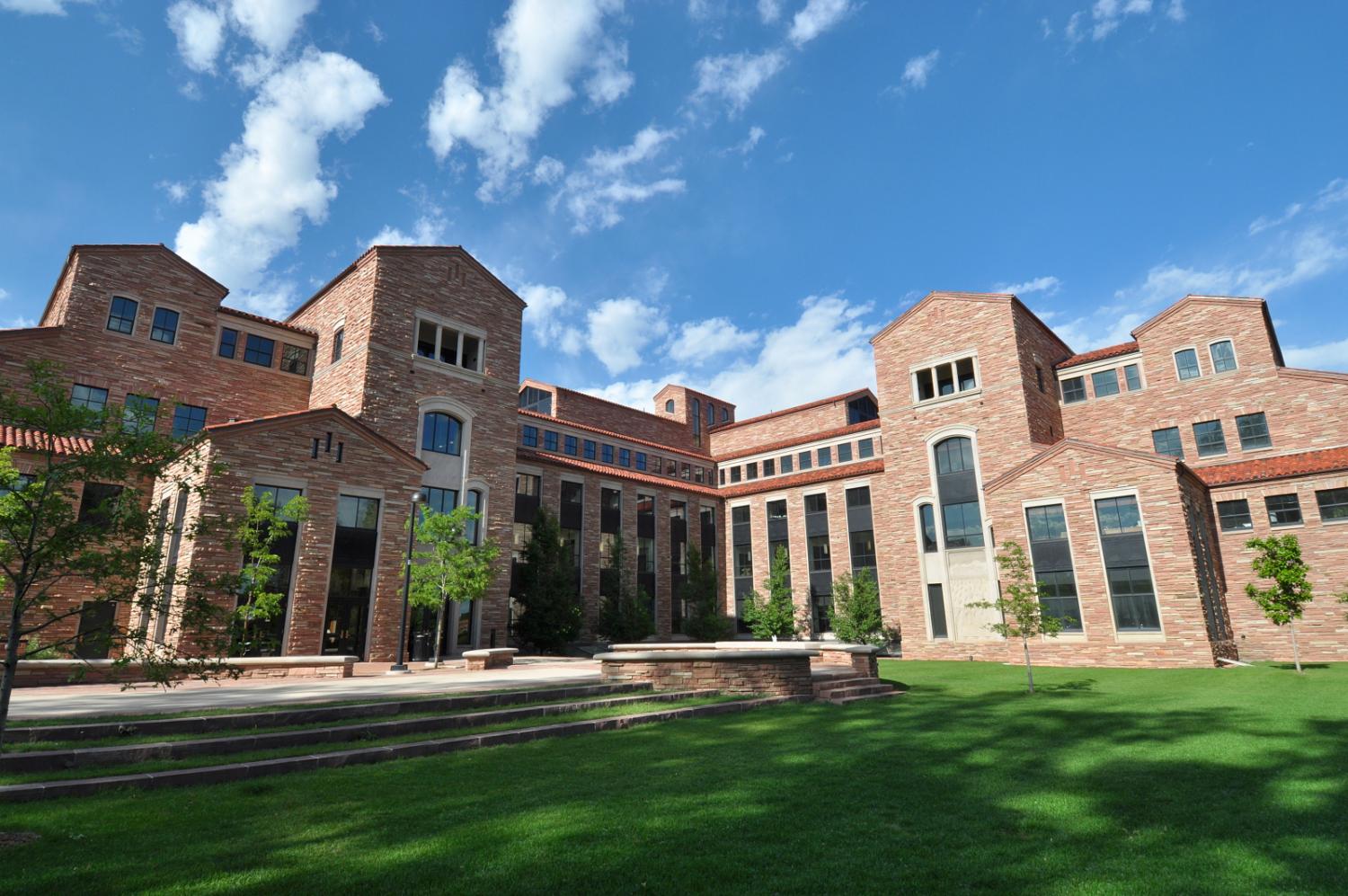Legal Assistance and DACA Renewal Support

Students and staff who need legal assistance, including our undocumented community, may consult with bilingual law students in English, Spanish and French at the Immigration Clinic at Colorado Law, the university’s law school.
Call 303-492-8126 for more information, or contact Professor Violeta Chapin, who runs the clinic.
What is the Colorado Law Immigration Clinic?
Professor Violeta Chapin oversees the Immigration Clinic at Colorado Law School, which provides legal support for non-citizen clients. The clinic is located at 2450 Kittredge Loop Drive, Suite 105.
Prof. Chapin and her student attorneys assist undocumented students, staff and community members with various legal matters relating to immigration removal defense, DACA renewals, criminal defense and asylum.
Undocumented students are encouraged to contact Prof. Chapin for legal questions related to their immigration status and/or that of their family members.
The spring law clinic starts in mid-January, but students and staff can ask for assistance at any time. Consultations are free and confidential, but there may be costs associated with U.S. Department of Homeland Security applications and other paperwork.
Initial legal consultations are also available through the Student Legal Services office.
Free DACA Renewal Assistance and the CU Student Relief Fund
Students who need help being able to cover the $495 DACA Renewal Fee are able to get support from CU Boulder through the CU Student Relief Fund.
COVID process change: Please note that due to the COVID pandemic, students will not currently apply directly to the Relief Fund. Instead, for now they need to apply through the CU Student Emergency Fund for support with DACA renewals. This support is a priority and this application shift is simply an administrative process.
Contact cisc@colorado.edu with questions or for help with this process.
Updates on DACA
On July 16, 2021, Judge Andrew Hanen, a federal district court judge in Texas, ruled that the DACA program was unlawful. Judge Hanen ordered the Dept. of Homeland Security (DHS) to stop processing new DACA applications until the litigation is resolved.
On October 6, 2022, the 5th Circuit Court of Appeals issued its decision upholding the ruling that DACA was unlawful and violated the Administrative Procedures Act. However, both parties agreed that DACA renewals will continue.
Because the Department of Homeland Security issued a rule earlier this Fall fully re-implementing DACA, the 5thCircuit Court has ordered the parties to fully consider that new rule in future litigation. The case has been sent back to Judge Hanen for further review, and he will likely issue another ruling before any further steps will be taken.
It is expected that the Biden Administration will appeal this decision to the Supreme Court when that step is open. Further litigation is ongoing and we will provide updates in this space as we learn more.
- Current DACA recipients are not affected and DHS will still accept and process renewal applications. If you need help with DACA renewal assistance, please email Prof. Violeta Chapin and her law students in the Immigration Clinic at Colorado Law School.
- The ruling does affect new DACA applicants who may be eligible for the program. Because there is a conflicting ruling out of another circuit, this ruling does not stop USCIS from accepting new DACA applications at this time, but it does stop them from processing, or granting, new DACA status on any applicants. What is not clear at the moment is whether USCIS can process new DACA applications that were submitted before this ruling; it remains to be seen what will be decided
- USCIS has issued new guidance to state that all biometric, or fingerprint, appointments that had been scheduled for new DACA applicants are cancelled, and those applicants should not appear for their scheduled appointments.
- The ruling does not command the DHS to take any enforcement action against any DACA recipient, and it does not strip anyone of their current DACA status in any way. This is an evolving case and we expect more litigation to follow through the appeals process.
Please see the DHS website for more information. We strongly encourage you to connect with the legal resources as listed above. Note that DACA applicants should bring their previous DACA application, work permit and a passport to any legal consultations.
This section will be updated as soon as there are further developments in this case.

